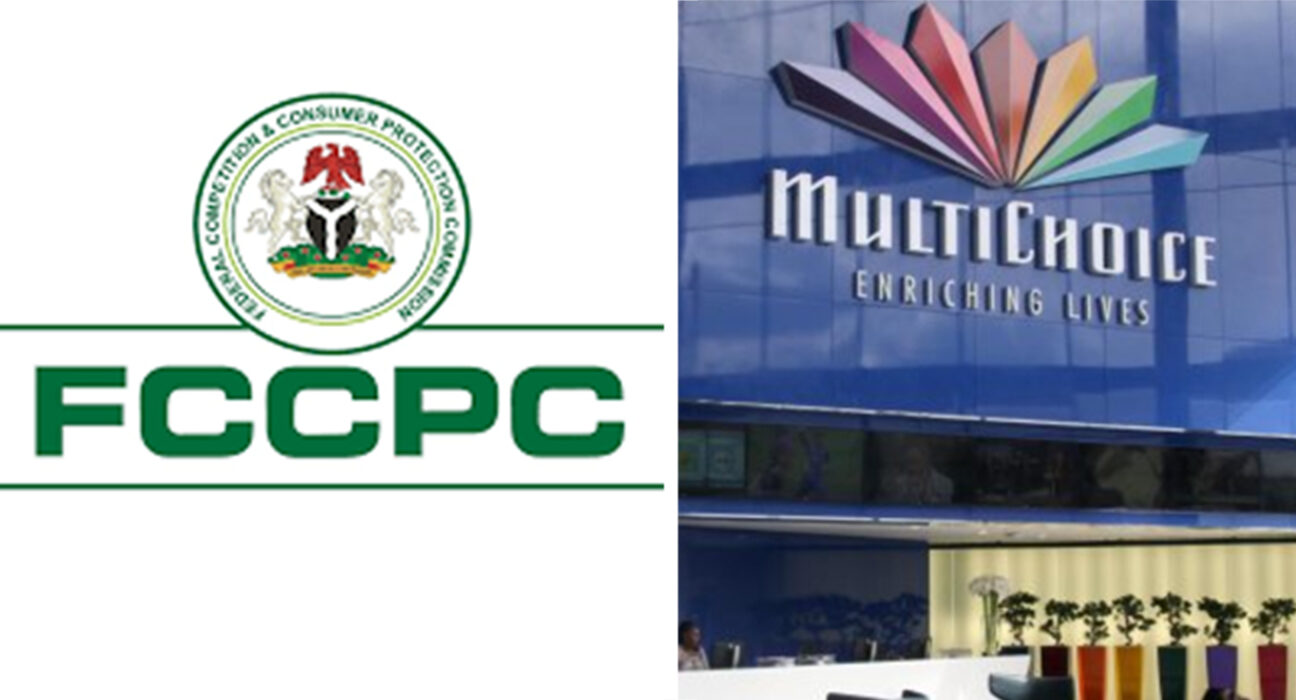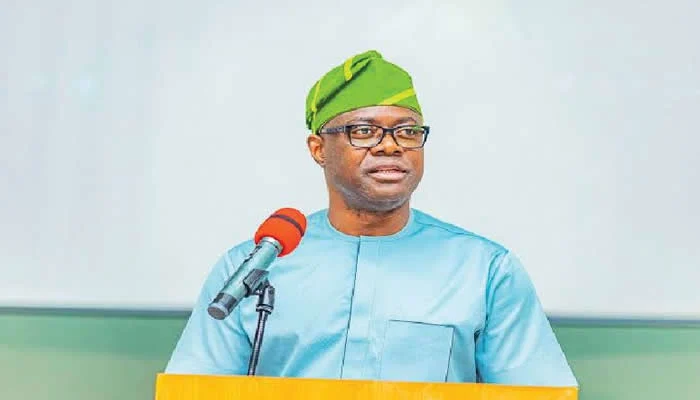Court Throws Out Suit By Multi choice Against FCCPC

Justice James Omotosho of the Federal High Court, Abuja has dismissed a suit filed by MultiChoice Nigeria, owners of DStv and GOtv, challenging the Federal Competition and Consumer Protection Commission’s (FCCPC) intervention in its recent subscription price hike.
Delivering judgment, Justice Omotosho ruled that the suit constituted an abuse of court process, as similar proceedings were already pending in Lagos State. The judge stressed that MultiChoice should have pursued its arguments in that court, rendering the current filing inappropriate.
The court’s decision comes after MultiChoice increased its subscription rates by up to 25% on March 1, 2025, citing inflation and operational cost pressures.
The FCCPC opposed the move, calling for regulatory review and threatening sanctions, prompting the legal challenge.
Justice Omotosho noted that while the FCCPC has investigative powers under its establishing Act, it lacks the authority to fix or suspend prices unless specifically delegated by the President through a gazetted instrument. No such delegation was presented to the court.
The judge emphasized that Nigeria operates a free market system, and service providers like MultiChoice retain the right to set their prices, with consumers free to accept or reject them. He added that the use of services like those provided by MultiChoice is discretionary and not essential, as Nigeria can do without them.
The court held that FCCPC’s actions, including directing MultiChoice to suspend its price increase, breached the company’s right to fair hearing and appeared selectively targeted. Justice Omotosho warned that attempts to fix prices by regulatory bodies could scare off investors and harm the economy.
The judge further ruled that the FCCPC’s claim that MultiChoice held a dominant market position was untenable. He noted that the commission’s actions were not supported by evidence and that the company’s pricing decisions were within its rights as a private entity operating in a free market economy.
Justice Omotosho emphasized that the FCCPC’s role is limited to investigating market practices and advising on consumer protection, but it cannot impose price controls without proper legal backing. He stated that only the President of Nigeria has the exclusive power to regulate prices and set up a price control board against any defaulting foreign companies or regulated goods and services.
The court’s decision has been seen as a significant victory for MultiChoice, which had argued that the FCCPC’s actions were an overreach of its authority. The company had maintained that its pricing decisions were necessary to ensure the sustainability of its business operations in Nigeria.
In a statement, MultiChoice Nigeria welcomed the court’s decision, saying it was a vindication of its position that the FCCPC had acted beyond its powers. The company reiterated its commitment to providing quality services to its customers and to operating within the bounds of Nigerian law.
The FCCPC has not commented on the court’s decision, but it is expected to review its strategy in light of the ruling. The commission had argued that its actions were necessary to protect consumers from unfair pricing practices, but the court’s decision suggests that it may have overstepped its authority.
The case has sparked a wider debate about the role of regulatory bodies in Nigeria’s economy and the balance between consumer protection and the rights of private businesses. As the country continues to navigate the complexities of a free market economy, the court’s decision is likely to have significant implications for businesses and consumers alike.







